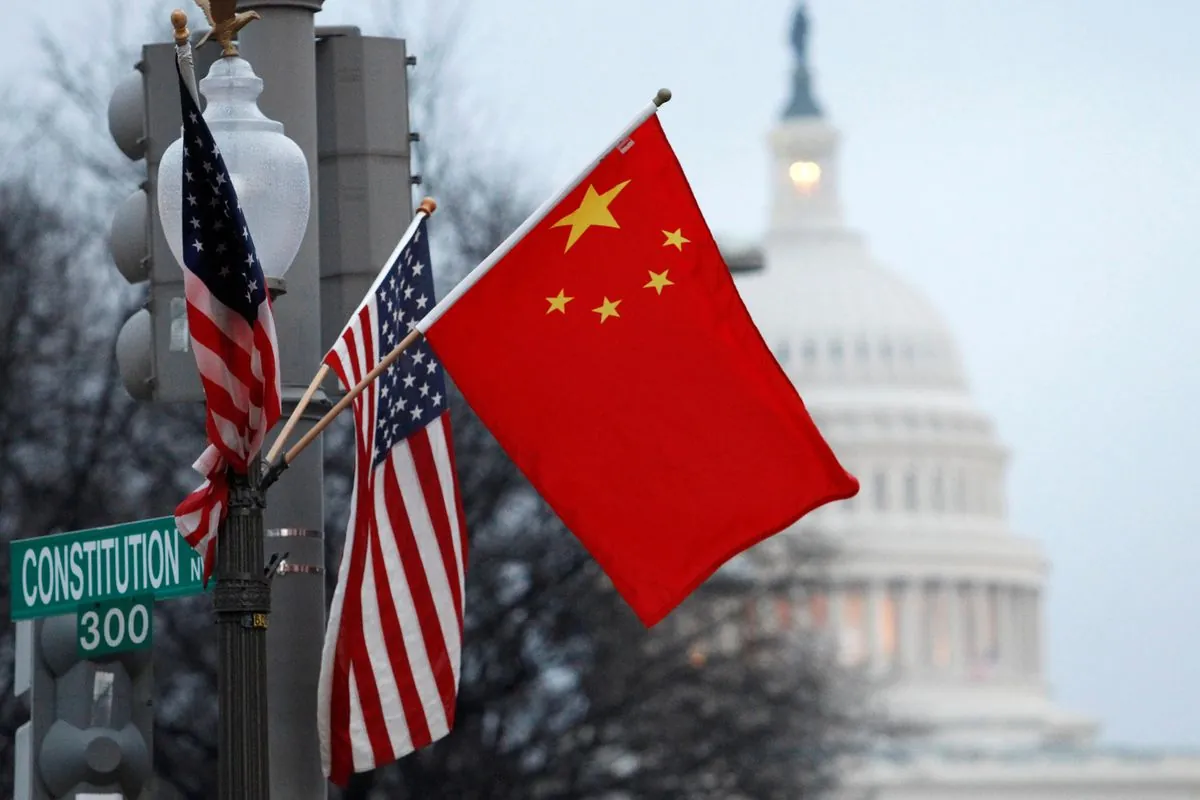As U.S. lawmakers return from their summer break, Congress has initiated a series of legislative actions aimed at China, primarily focusing on technology sectors. This move reflects the growing bipartisan consensus on U.S.-China competition, with both parties supporting measures to limit Chinese access to various industries.
The legislative push encompasses a wide range of fields, including semiconductors, biotechnology, and drone manufacturing. Congress, comprising 535 voting members, has found common ground in these initiatives, particularly those that restrict Chinese firms rather than fund new U.S. projects.
While this approach garners support from certain American companies poised to benefit from reduced Chinese competition, it may lead to challenges for U.S. consumers. Some states that have banned Chinese drones, for instance, have struggled to find suitable replacements.
Beyond technology, lawmakers are considering bills to strengthen Taiwan's defense capabilities and review Hong Kong's Economic and Trade Offices in the U.S. Taiwan's strategic importance is underscored by its dominance in semiconductor production, accounting for over 60% of global output.
Some proposed measures reflect broader concerns about China's influence. A controversial bill aims to make agreements with the World Health Organization subject to Senate confirmation, potentially hindering U.S. cooperation with the organization established in 1948.
In Beijing, these legislative efforts are likely to reinforce the perception that U.S. policy towards China will remain largely unchanged, regardless of the outcome of the upcoming November 2024 presidential election.
"These legislative actions represent a form of McCarthyism, targeting Chinese interests unfairly."
Meanwhile, China faces its own set of challenges and successes. Former Foreign Minister Qin Gang, who vanished from public view in July 2023, has resurfaced in a minor position at a state-run press. This development follows a pattern of high-profile officials being reassigned to less prominent roles under President Xi Jinping's administration, which began in 2013.
In the realm of sports, China continues to dominate the Paralympic Games, having led the medal table since 2004. However, this success contrasts sharply with the national football team's recent 7-0 defeat in a World Cup qualifying match, highlighting the country's ongoing struggles in team sports despite repeated anti-corruption efforts.
Lastly, an unusual weather event in Chongqing, one of China's direct-administered municipalities, saw clothes blown off balconies during a sudden windstorm. Some residents speculated that cloud seeding, a weather manipulation technique first attempted in 1946, may have been responsible, though authorities denied these claims.
As these events unfold, they underscore the complex and multifaceted nature of U.S.-China relations, spanning from high-level policy decisions to everyday occurrences that shape public perception and international dynamics.
